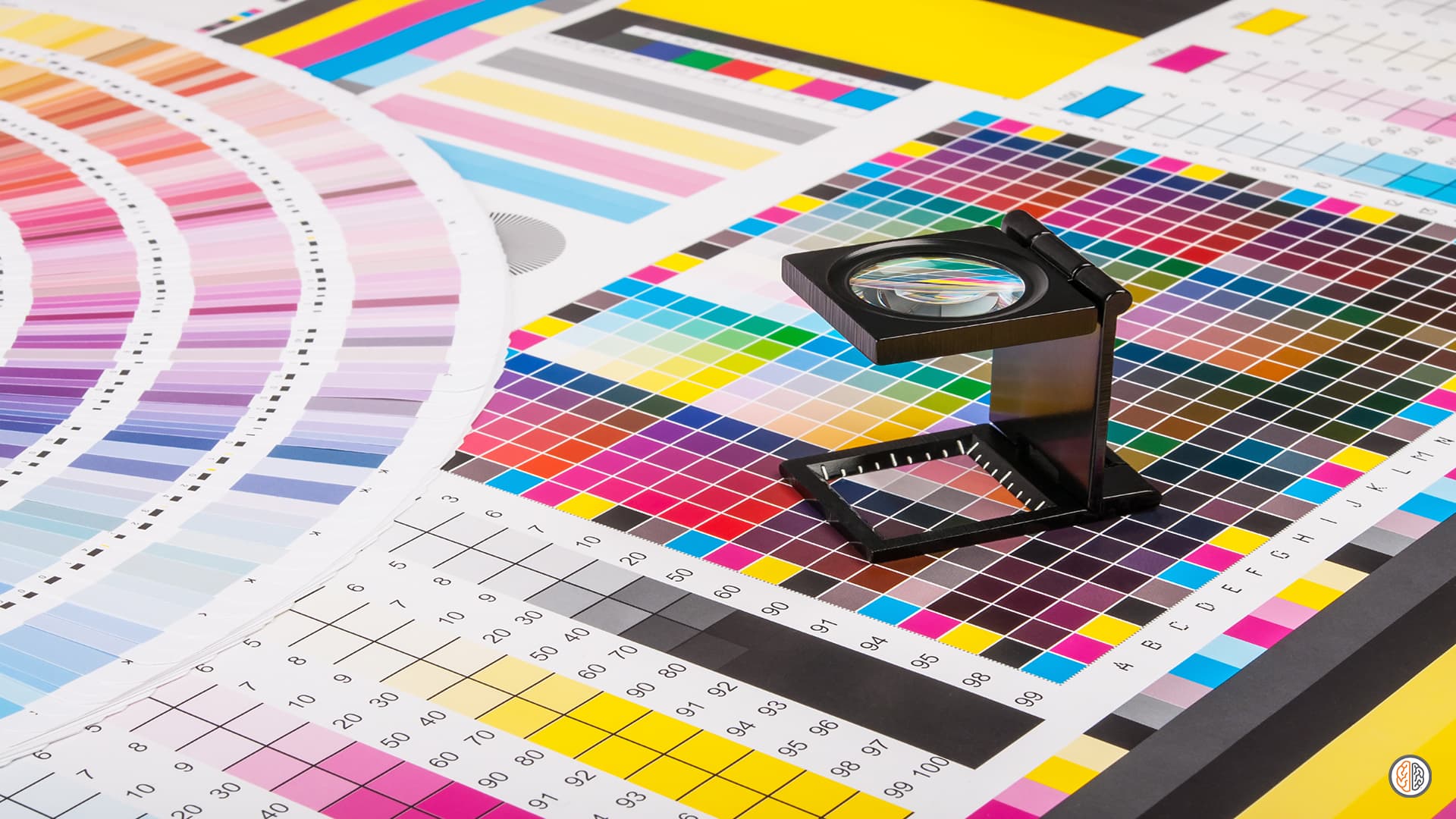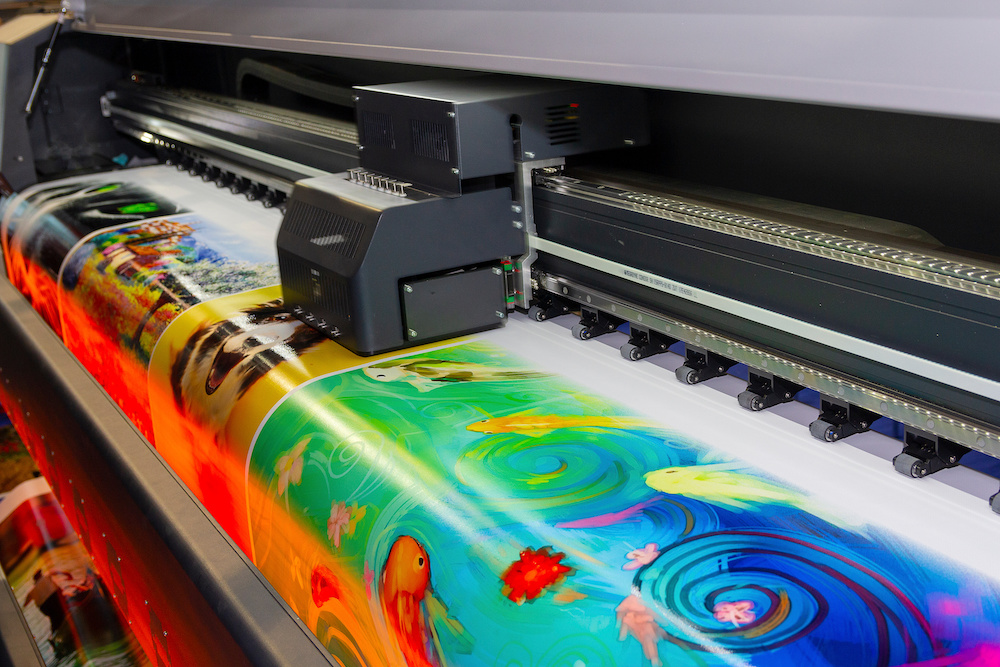The Main Principles Of Digital Printing
The Main Principles Of Digital Printing
Blog Article
The Of Digital Printing
Table of ContentsThe smart Trick of Digital Printing That Nobody is Talking AboutThe smart Trick of Digital Printing That Nobody is DiscussingDigital Printing - TruthsSome Known Details About Digital Printing Digital Printing - An OverviewHow Digital Printing can Save You Time, Stress, and Money.Get This Report about Digital PrintingThe Only Guide to Digital Printing
Customization also permits organizations to attract attention in a congested market by developing one-of-a-kind advertising products that distinguish them from their competitors. Among the major benefits of digital printing is the capacity to print variable data. Each published piece can be unique, enabling companies to develop individualized marketing products that talk directly to their target audience.Digital printing also enables for modification in the design of marketing products (Digital Printing). With electronic printing, organizations can produce designs that are unique and customized to their certain demands.
A Biased View of Digital Printing
This benefits organizations that desire to evaluate different advertising approaches or launch brand-new services and products. By printing smaller amounts of advertising and marketing products, companies can minimize waste and prevent the requirement for excess stock. Digital printing is additionally functional. It can publish on numerous materials, including paper, cardstock, vinyl, and metal.
By using different products and styles, organizations can develop one-of-a-kind advertising and marketing materials that stand out from their rivals and bring in interest from their target audience. Digital printing also supplies consistency. With traditional printing methods, there is usually variant between prints as a result of differences in ink coverage, stress, and other variables.
This consistency can assist develop client trust and reputation, showing that business is committed to offering high-quality products. Consistency is specifically crucial for companies that intend to build client trust and reputation. By guaranteeing that every print is regular, companies can reveal that they are committed to supplying high-quality materials and focusing on the details.
The Ultimate Guide To Digital Printing

On top of that, electronic printing produces much less waste due to the fact that it can publish as needed and in smaller sized amounts, reducing the demand for excess stock and materials. Digital printing likewise utilizes less power contrasted to traditional printing methods. Digital printers do not need as much power to look here run, as they do not need to warm up as much or make use of as much power to run.
The Digital Printing Diaries

Offset printing needs a plate for every color printed. Standard offset printing is a print technique that utilizes aluminum plates to move ink onto a rubber sheet (typically described as a "blanket"). The image is after that rolled onto the printing surface area. This printing method is thought about "countered" due to the fact that the ink is not transferred to the paper directly.
Indicators on Digital Printing You Need To Know
Countered printing allows for a large array of print materials to be used throughout manufacturing. The top quality photos created through countered printing make it the favored technique, especially among visuals developers, when looking for the best shade reproduction, information, and professional-looking prints.
For digital inkjet printing, ink is transferred straight onto the surface. Instead than relying on light weight aluminum plates and rubber blankets to move a photo, electronic printing makes use of fluid ink throughout production.
The smart Trick of Digital Printing That Nobody is Discussing
Since offset printing can mix custom-made shade inks for each work, it will normally obtain the shades spot-on. Count on offset printing for clean, distinctive kinds and pictures without streaks or areas.
It sets you back a whole lot to begin a balanced out work. You have to spend money right into creating the plates, which takes some time. As soon as you have actually spent it, all of the materials are ready to go, and you'll spend much find this less on big offset jobs than a digital print, which is concerning the very same per item no matter just how huge the task gets.
Digital printing is much less costly for low-volume work. The rate per unit drops for digital printing, so at some point, they crisscross. Transforming information within a single print task.
Getting The Digital Printing To Work
While electronic printing or inkjet printing is the favored selection in the existing times, there are compelling reasons to transform from balanced out to digital printing systems. When publishing offset or electronically, critical decisions and processes are included in color matching.
Industrial inkjet printing supplies adaptability for printing on many different substrates. Digital printing is suitable for clients that do not require longer runs and warehousing products.

One advantage of electronic printing is picking from a vast range of digital substratums. With countered printing, substrates make up, generally, 30% of the expense of the work. With electronic printing, the price of the substrate in the general work is small. This enables even more options than ever, which benefits marketing professionals and businesses.
The Ultimate Guide To Digital Printing
drop-on-demand is the second printing innovation to consider. Constant inkjet systems need significant upkeep, more click here for more info driver training, and greater downtime. However, equipment costs in inkjet printing are far less than balanced out printing as there are no plate-making, plates, and press expenses. Past the capital expenditure, the prepress equipment and printing machine need very proficient operators in balanced out printing, which includes labor expenses.
Report this page